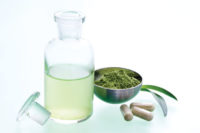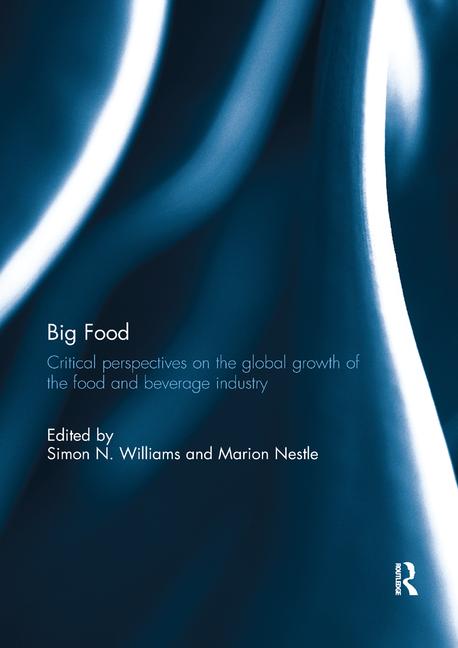Climate on Green Tea’s Benefits

"People drink green tea for health benefits, so they want the catechins to be present," said Lisa Mauer, a professor of food science.
"The instant powder beverages are becoming more popular for consumers, and it's important to know how storage can influence nutrition of your products," she said.
Mauer found that increased temperature -- and humidity, to a smaller degree -- speed catechin degradation.
Previous research showed that the powders were stable below the glass transition temperature, the temperature at which an amorphous solid changes from a rigid, glassy state to a rubbery, viscous state.
In that rubbery state, compounds may start reacting with each other faster due to increased molecular mobility, leading to significant chemical degradation.
However, Mauer's findings showed that green tea powder degrades at lower temperatures, even below the glass transition temperature.
"Tea powders are not infinitely stable below their glass transition temperature. They degrade more slowly below that temperature, but they can still degrade," she said.
"Knowing what's happening to the ingredients is extremely important for understanding the quality of a food or beverage product," she added.
The finding is reported in the early online version of the Journal of Agricultural and Food Chemistry.
From the May 20, 2011, Prepared Foods' Daily News.
Looking for a reprint of this article?
From high-res PDFs to custom plaques, order your copy today!





